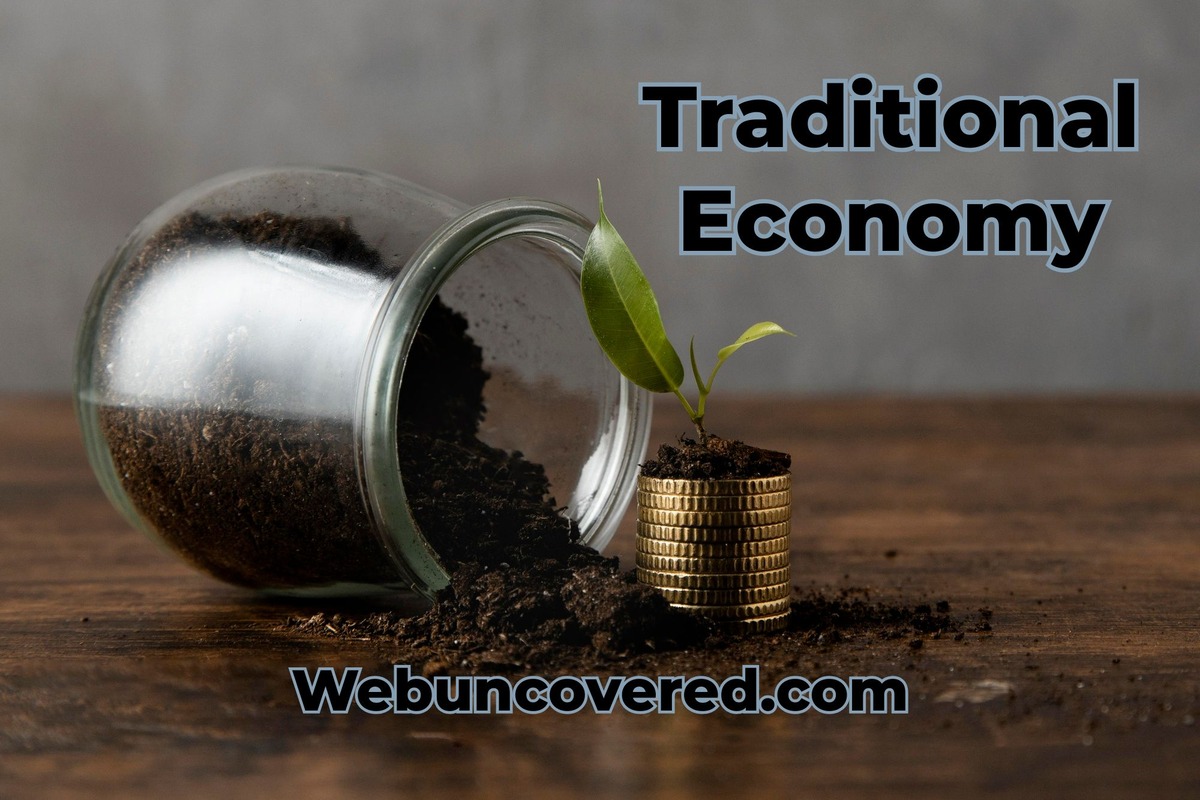
Nio Singapore Stock Exchange: What is Nio Stock Price?
February 17, 2024
Everything You Need to Know About Crypto Arena
February 19, 2024Understanding Traditional Economy System
Traditional economies refer to economic systems that rely on customs, traditions, and cultural beliefs to organize the production and distribution of goods and services. In these systems, economic decisions are often based on historical practices rather than on market forces or government intervention. Understanding how traditional economies function can provide insights into unique economic structures and challenges.
What are traditional economies and how do they function?
Characteristics of a traditional economy include a focus on agriculture, barter as a primary means of exchange, and limited use of technology. In such systems, economic activities are often passed down from generation to generation, shaping the way goods and services are produced and distributed within a community.
Examples of traditional economies can be found globally, with regions like Haiti showcasing agricultural-based systems where communities rely on farming as a fundamental occupation. Inuit societies practice hunting and gathering as traditional economic activities, demonstrating a different approach to meeting their economic needs.
In traditional economies, the exchange of commodities through bartering is significant. Goods and services are traded directly without the use of a common currency, highlighting the emphasis on mutual benefit and trust in economic transactions.
Related Article: Amber Heard Net Worth and Amber Heard Daughter Rumors
What are the disadvantages of a traditional economic system?
Relying on bartering as a primary means of exchange can limit the efficiency of transactions and hinder the development of a diverse market with a wide variety of goods and services. Traditional economies often face challenges in infrastructure development, leading to underdeveloped systems that may struggle to meet the demands of a growing population.
Due to the lack of variety in goods and services, traditional economies may experience wastage of resources and difficulty in responding to changes in consumer preferences. This can result in economic stagnation and hinder the ability to adapt to evolving market conditions.
How do traditional economies differ from modern economic models?
The role of custom and tradition plays a significant part in traditional economic systems, shaping the way economic activities are structured and governed. Unlike modern market or command economies, traditional systems rely on established practices and social norms to guide production and distribution decisions.
Comparing traditional, market, and command economies reveals distinct approaches to economic activities and resources allocation. While market economies prioritize supply and demand dynamics and free markets, traditional economies emphasize community needs and collective well-being in economic decision-making.
What are some examples of traditional economies?
Agricultural-based traditional economies, such as those found in rural regions, focus on farming as a primary economic activity. These systems demonstrate a deep connection to the land and natural resources, showcasing a sustainable model of resource utilization.
Hunting and gathering societies represent another form of traditional economic activity, where communities rely on natural resources for sustenance and trade. Bartering plays a crucial role in facilitating exchanges of goods and services within these economies, highlighting the importance of mutual cooperation.
How do traditional economies govern their economic activities?
Centralized control vs. individual decision-making is a key distinction in traditional economies, where the concept of sectoral organization influences how economic resources are managed. Factors such as cultural norms, environmental conditions, and historical practices shape the governance of traditional economic models.
In traditional economies, the accumulation of surplus resources and the distribution of goods are governed by established customs and traditions, ensuring equitable access to essential products and services within the community. Despite their fundamental differences from modern economic systems, traditional economies continue to play an important role in shaping the economic landscape of various regions around the world.
Related Article: Camping World Newport News: Camping World of Hampton Roads
Q: What is a traditional economy system?
A: A traditional economy system is an economic system where goods and services are produced based on customs, traditions, and historical practices rather than through the use of advanced technology or large-scale industry.
Q: What are the characteristics of a traditional economy?
A: Characteristics of a traditional economy include a reliance on farming or hunting, self-sustainability within a community or family, limited economic growth due to lack of new production methods, and a system of bartering goods or services instead of using currency.
Q: How do traditional economies produce goods or services?
A: Traditional economies produce goods or services through farming, hunting, fishing, or other methods that have been practiced within a community for generations.
Q: What is an example of a traditional economy?
A: An example of a traditional economy can be seen in indigenous communities in countries like Greenland, where the community grows and produces food through traditional agricultural practices to sustain themselves.
Q: How does a traditional economy differ from other types of economies?
A: Traditional economies differ from mixed economies, market systems, and command systems by relying on customs, limited technological advancements, and a lack of formal trade and commerce beyond what the community produces.
Q: What role does bartering play in a traditional economy?
A: In a traditional economy, bartering is a common practice where goods or services are exchanged directly for other goods or services without the use of currency, facilitating trade within the community.
Q: How does a traditional economy impact economic growth?
A: Traditional economies tend to have limited economic growth compared to more advanced economies due to the focus on self-sustainability, lack of specialization, and limited ability to adapt to changing economic conditions.



